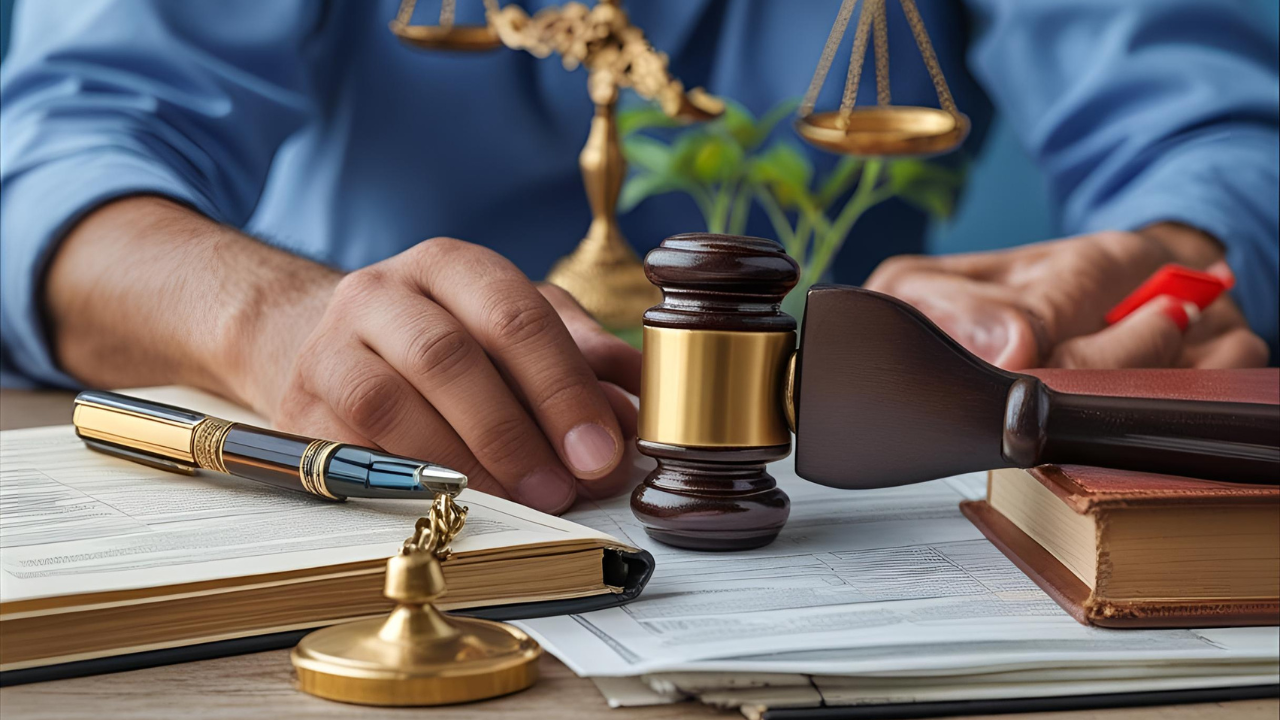Whether it’s a delayed government service, poor infrastructure, workplace misconduct, or unfair treatment, filing a complaint or grievance with the appropriate authority is your legal right. Many people choose to remain silent due to lack of awareness, fear, or a belief that nothing will change. But in reality, most governments and institutions have official grievance redressal systems in place to address public concerns.
This comprehensive guide will walk you through how to file a complaint, who to contact, and what documents or evidence you need — all in a clear, actionable format for 2025.
📌 Table of Contents
- Why Filing Complaints Matters
- What Can Be Reported
- Channels Available for Filing Complaints
- Step-by-Step Process to File a Complaint
- What Happens After You File
- Tips to Strengthen Your Case
- Frequently Asked Questions
✅ Why It’s Important to Speak Up
Filing a grievance is not about complaining — it’s about holding systems accountable, improving service delivery, and protecting your rights.
When you file a formal complaint:
- You contribute to transparency and reform
- You help highlight issues others may also face
- You create a record that may lead to investigations or disciplinary action
- You open the door to compensation, resolution, or systemic change
🚨 What Types of Issues Can Be Reported?
You can file a complaint about a wide range of issues, depending on the department:
1. Government Services
- Delays in issuing documents (passport, ID, driving license, etc.)
- Corruption or bribery
- Poor condition of roads, drainage, or public transport
2. Utility Services
- Power outages, water leakage, or internet disruption
- Overcharging or billing errors
- Unsafe or unclean public facilities
3. Public Officials or Offices
- Misbehavior, discrimination, or neglect by a government employee
- Non-response to inquiries or applications
4. Workplace or Labor Issues
- Harassment, unfair dismissal, wage delays
- Safety violations or labor law breaches
5. Law & Order
- Police misconduct or abuse
- Inaction on reported crimes
📨 Where and How to File a Complaint
Here are the most common channels available in 2025:
1. Online Portals
Most departments now have digital platforms for filing complaints:
- India: pgportal.gov.in (Centralized Public Grievance Redress and Monitoring System)
- USA: usa.gov/complaints
- UK: gov.uk/complain-about-service
- South Africa: services.gov.za
2. Mobile Apps
Governments often provide apps like:
- MyGov (India)
- FixMyStreet (UK)
- 311 App (US cities)
3. Email or Written Applications
You can write an email or a formal letter addressed to:
- Department heads
- Municipal officers
- Complaint cells
4. Toll-Free Helplines
Many services provide 24×7 helplines. Use these numbers to lodge complaints verbally.
5. In-Person Visits
Visit your nearest administrative office (e.g., municipal corporation, police station, or consumer forum) and ask for a complaint form or officer.
📝 How to File a Complaint – Step-by-Step
Step 1: Identify the Correct Department
Match your issue with the appropriate authority. For instance, billing complaints go to utility boards, and public road issues go to civic authorities.
Step 2: Gather Evidence
Collect the following:
- ID proof
- Photos/videos (if any)
- Receipts, service IDs, or communication records
- Witnesses or contact numbers
Step 3: Draft Your Complaint Clearly
State:
- What the issue is
- When and where it occurred
- Who was involved
- What action you want (refund, investigation, etc.)
Step 4: Submit the Complaint
Choose your preferred channel (online form, email, mobile app, physical letter).
Step 5: Save Your Complaint Reference Number
This number will help you track your complaint status.
🔍 What Happens After You File?
Once submitted:
- You’ll usually receive an acknowledgment message or reference ID
- The department may assign an officer to your case
- They might contact you for more details or verification
- Action is usually taken within 7–30 working days
If not resolved, you can escalate the complaint to higher authorities or ombudsman offices.
🛡️ Tips to Make Your Complaint Stronger
- Be polite but firm in tone
- Include specific dates, times, and names
- Attach proof, not just opinions
- Avoid emotional language — keep it factual
- Follow up regularly if no action is taken
- Don’t hesitate to escalate if needed
🙋 Frequently Asked Questions
Q: Can I file a complaint anonymously?
A: Some departments allow it, but anonymous complaints may have lower follow-up rates.
Q: What if I don’t have digital access?
A: You can write a letter or visit the nearest office in person.
Q: What if my complaint is ignored?
A: Escalate it to the ombudsman, consumer court, or legal authorities.
Q: Can I be punished for filing a false complaint?
A: Yes, deliberately false accusations may lead to legal action. Always be truthful.
📢 Final Thoughts
Whether you’re dealing with a slow bureaucracy or an unjust system, your voice matters. Filing a grievance may feel intimidating, but remember — the law is on your side. Modern digital tools have made it easier than ever to lodge complaints and demand accountability.
Speak up, follow the process, and inspire others to do the same. Change often starts with a single complaint that someone dared to file.

